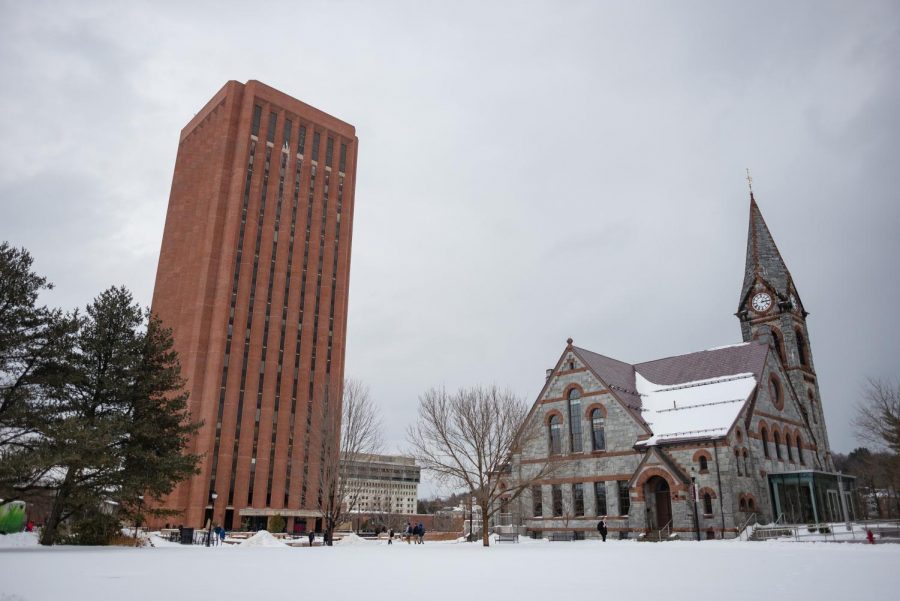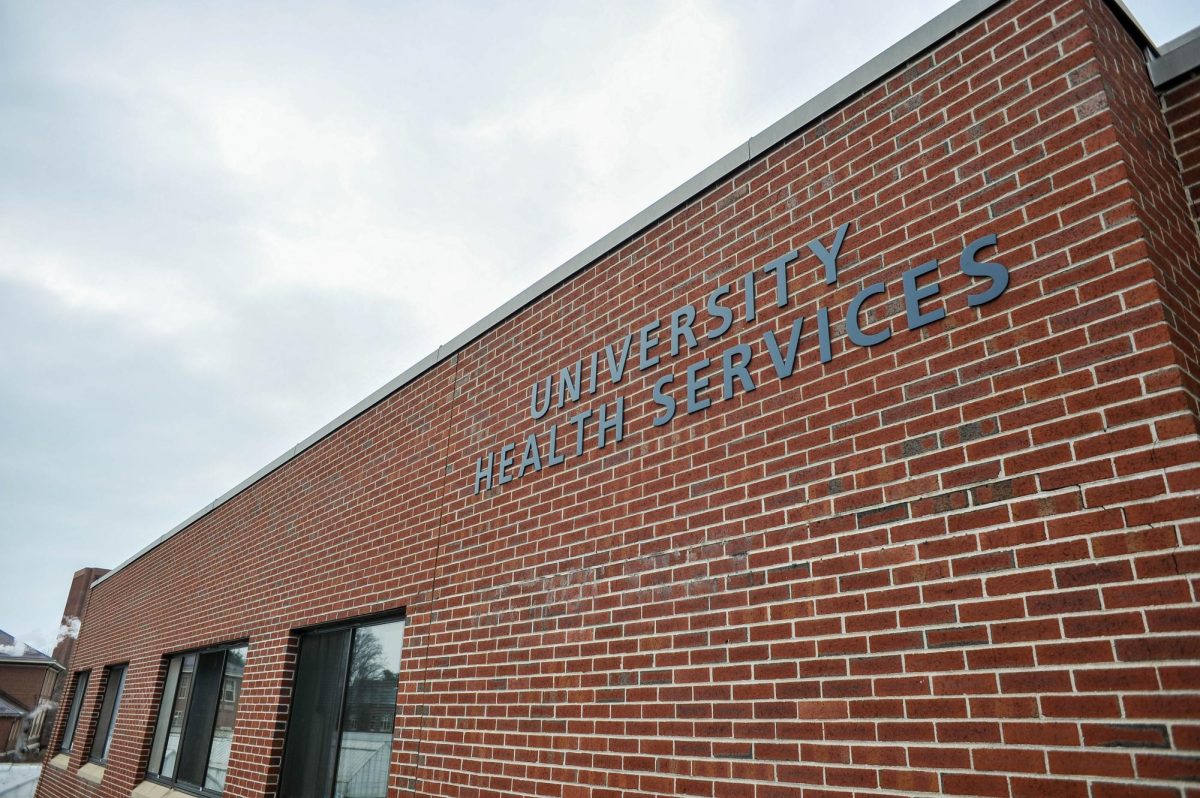When I first enrolled in the University of Massachusetts this past fall, I was happy to be attending a prestigious research institution at a low cost. I decided to come to UMass because it would not be a huge financial burden on me or my family. But after being in college for a couple of months, I already started hearing about students who were dropping out. I couldn’t help but feel guilty that I would be graduating from college without debt, while other students would be unable to pay for only one semester. Even for those who do finish school here, undergraduate students in the UMass system graduate with an average of $31,397 of debt which follows them for the rest of their lives. How can college graduates be successful in making positive change and contribute to creating a prosperous economy when we will have to worry about how we are supposed to pay for groceries for the week? Not to mention the negative impact that debt will have on the Massachusetts economy as a whole.
In my senior year of high school, I was highly encouraged to go to college to get a higher education and to get a good job, but at what cost? Do I, and other students, really want to spend four years and several thousands of dollars at a public university just to graduate with debt? Tuition and fees at UMass have been raised consistently while state funding has drastically decreased since 2001. There is a debt crisis among young people who are having an increasingly difficult time finishing their degrees because of the rising costs.
While the state cannot cancel all debt, we as students can advocate for more state funding for public institutions of higher education. If the state can contribute to public higher education institutions like UMass at the levels it did in 2001, tuition and fees would not have to keep increasing. There is current legislation in the Massachusetts State House that would require the levels of state funding for higher education to increase. This legislation, along with an increase in funding for public K-12 schools, is titled “Fund Our Future.” The Cherish Act would increase state funding for public higher education over five years, thus freezing tuition and fees. The Promise Act would increase funding for K-12 public schools, many of which are lacking important enrichment programs and enough funding to sufficiently pay teachers and faculty or renovate school buildings. The funding for these bills could come from a matter of sources, including implementing a progressive tax on the wealthiest members of the Commonwealth.
Students on the UMass campus have been advocating for the passage of these bills through the Center for Education Policy and Advocacy’s Debt Free Future Campaign, along with the UMass branch of the Public Higher Education Network of Massachusetts. Students have been calling legislators to ask for co-sponsorship of these bills, along with the co-sponsorship of the Debt Free Future Bill, which would make higher education free and thus more accessible to people of low income and people of color, whom student debt disproportionately affects. Notable supportive legislators who have been contacted are Joanne Comerford, Mindy Domb, Jamie Eldridge and Paul Mark.
PHENOM is hosting a Higher Education Advocacy Day on March 21, where students from all public higher education institutions will be travelling to the State House in Boston to advocate on behalf of the aforementioned bills to one day create a debt free future. All are welcome.
CEPA and PHENOM meet Tuesdays from 6:30 to 8:30 p.m. and the Debt Free Future Campaign also meets separately on Sundays at 1 p.m. in Bartlett 207.
Tamar Stollman
CEPA general body member and student organizer for PHENOM




















amy • Feb 25, 2019 at 11:16 pm
” prestigious research institution at a low cost” Lol, it’s a state college ranked 70…. Umass is a decent state college,where mostcolleges in mass except community colleges are high ranking like, mount holyoke, williams, smith, amherst, harvard, northeastern, MIT,tufts,bu,bc,etc.
Umass likes to brag its a ‘top 30’ public college, well what it really means is that it is a top 30 flagship university. Every state has a flagship. Umass is claiming it’s a great ‘public’ college is competing with colleges like keene state college and fitchburg state, these are average colleges that are there to deliver an affordable education. As a public flagship, being ranked 30, means that there over half the other flagships are better than you, which in reality makes umass less than average as a public college. South of the border there is Uconn for example it has far more money, nicer campus, better programs and is higher ranking.
For the other points. Did you not choose to go to college? You didn’t have to go, you didn’t have to take on debt. You could have gotten a job, like tens of millions of other Americans who never went to college, many of who own houses,cars and have a good salary. They don’t cry or complain ‘but how am I going to buy groceries because I incurred tens of thousands of debt! The injustice!”
Also you could have went to community college, if you are poor, pay nothing because pell grants cover everything or pay little and save tens of thousands of dollars and spend your last 2 years at a college or university.
Or you could have gotten scholarships if you were smart or tried hard to make better grades or you could work alot and also go to college part-time.
Debt is a reflection of the person who decided to incur it, to claim otherwise is wrong and irresponsible.
I for example am graduating with no debt, because I am smart and got good grades and earned scholarships. This is the case for countless other people or people who otherwise made smart decision and don’t have debt and aren’t whining about it or asking someone else to save them.